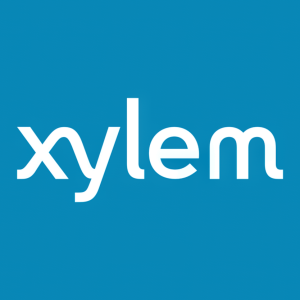U.S. Water Utilities Deploy PFAS Treatment Technologies to Safeguard Drinking Water for Communities
Early Adopters Pave the Way for Widespread “Forever Chemicals” Remediation Strategies in Response to Emerging Regulations
PFAS chemicals are human-made but have become widespread in some water sources across the country and can have potentially harmful effects on human and animal health. Latest estimates from the
Xylem (NYSE: XYL) is working with municipal and industrial customers to address this challenge, with more than 80 PFAS mitigation installations in the
For example, Stratmoor Hills Water District (SHWD), which oversees a combination of surface and groundwater sources in the foothills of Cheyenne Mountain in Southern Colorado Springs, has deployed selective ion exchange treatment aimed at countering the threat of PFOA and PFOS – two of the most commonly identifiable PFAS compounds of concern. Using selective single-use ion exchange technology, the utility has reduced contaminants to levels below compliance limits and mitigated water quality issues for its customers.
In
Elsewhere in
“The experience of these early adopters demonstrates that with the right technology and expertise, utilities can meet treatment and compliance goals cost-effectively for their communities,” said Snehal Desai, Senior Vice President, Chief Growth and Innovation Officer at Xylem.
ENDS
About Xylem
Xylem (XYL) is a leading global water technology company committed to solving the world’s critical water, wastewater, and water-related challenges through technology, innovation, and expertise. Our more than 22,000 diverse employees delivered combined pro forma revenue of
____________________________
1 Fifth Unregulated Contaminant Monitoring Rule Data Finder
View source version on businesswire.com: https://www.businesswire.com/news/home/20231220390709/en/
Houston Spencer
+1 (914) 240-3046
Houston.Spencer@xylem.com
Source: Xylem Inc.







